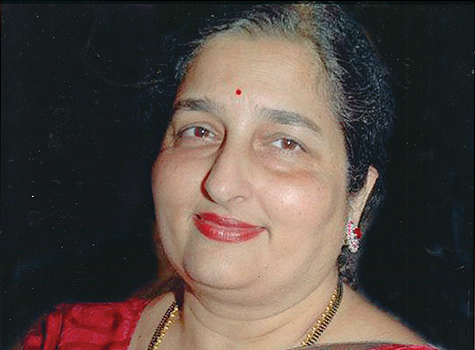
Just like getting a very coveted but unexpected award (the Nobel prize comes to mind), when we learn that we are awarded a large sum of money, with no strings attached, the first reaction is always not believing it or thinking that it is a prank. Most of the Nobel prize winners don’t believe the news when they get a call from the selection committee. Such windfalls are nice, but we have to be careful, if nothing else because we were not ready for it. It is usually clear that given these unusual circumstances we must create a very different strategy – a financial and an emotional plan that we never had to deal with before.
There definitely are some rules that we can follow:
Ӣ First three to six months do nothing; let the dust and emotional upheaval (or should I say euphoria) settle down and let our excited brain settle to some normalcy.
Ӣ How to emotionally accept that we are now much richer.
Ӣ How to deal with the sudden onslaught of requests for help and donations from friends, maybe family and other organizations.
Ӣ How to responsibly manage the wealth; an experienced fiduciary person comes to mind.
Ӣ How to avoid being taken advantage of.
 It really takes a while to get over the emotional shock and the surprise part of it, if nothing else, because such things are generally unexpected. If it was inheritance then there is, at least, some inclination but it is still a shock because it really happened. Given these circumstances, it is best to do nothing for some time and let the dust and the emotions settle. It takes anywhere from three to six months for this to happen depending upon emotional make-up of the family. Transitions are stressful, even the good ones!
It really takes a while to get over the emotional shock and the surprise part of it, if nothing else, because such things are generally unexpected. If it was inheritance then there is, at least, some inclination but it is still a shock because it really happened. Given these circumstances, it is best to do nothing for some time and let the dust and the emotions settle. It takes anywhere from three to six months for this to happen depending upon emotional make-up of the family. Transitions are stressful, even the good ones!
It is also difficult, if not outright impossible, to make any meaningful decisions in this period because of the unsettled nature of the award and it is best to leave the whole thing alone for a while. What that means is let the money sit somewhere like a checking account, perhaps a short-term CD, until we decide what direction we need to take.
It does take some time to accept the fact that we are richer now but more so because it was unexpected. I honestly believe that such awards should not change any of our behavior because that kind of behavior cannot continue forever. I remember reading about a family in Ohio who thought they won some form of lottery award; they went out on a buying spree and spent that money on things they normally would not be able to afford and, lo and behold, they realized afterwards that they really had not won that money after all. Such a shock.
After the dust settles down, accepting the fact that we have much more now than we ever expected is easier. Much planning is required to decide what needs to be done with such money. We need to review our immediate needs first; we all have such a list even though most of the time it is in our minds and not put down on a piece of paper. Education, other household needs that were put aside including car needs and then of course long-term investments which include retirement, come to mind. In the middle of all this the complaints I hear are about the constant barrage of requests for donations from institutions as well as friends and relatives.
Someone once said he never thought he had so many relatives before they found out about his good fortune. Jokes aside, once your own short-term and long-term needs are established and you have decided how the allocations are to be made then it becomes a little easier. Keep in mind that there will always be an onslaught of requests of donations, of one kind or other, but you must learn to ignore them unless they fall into your scheme of planning that you have already established. I know of a case where the single gentleman was diabetic, and he had decided to donate the entire amount of almost a million dollars to that cause. However, upon the suggestion from his financial planner he decided to do that only after his death, which left him enough money to take care of his own medical issues while he was alive.
Most of the rewards are usually not high amounts; usually between $10,000 to $1M. Such awards are much more palatable to handle because they are just enough to satisfy your own immediate needs like car and house repairs and medical bills and education and retirement. The donation part is noble but should only come after your own, urgent or otherwise, needs are satisfied.
One thing is for sure. There is a strong need to seek proper help. Cool minds prevail. Most of such unexpected rewards are difficult to handle and it is almost a must to seek help from trusted friends and colleagues who have no vested interest in your sudden wealth. Hugh windfalls need to be handled with a real fiduciary on your side. Compared to what you had before, a very different and complicated financial plan is needed to accommodate the newly acquired wealth. Until well thought-out plans are made, one should avoid handing out checks or making big changes. Greater wealth always comes with greater responsibility. You are essentially doing the high-wire act of not upsetting anyone and at the same time managing your newly acquired wealth properly.
Mo Vidwans is an independent, board certified financial planner. For details visit, vidwansfinancial.com, call 734-476-0579 or write to: mvfinancial@yahoo.com



